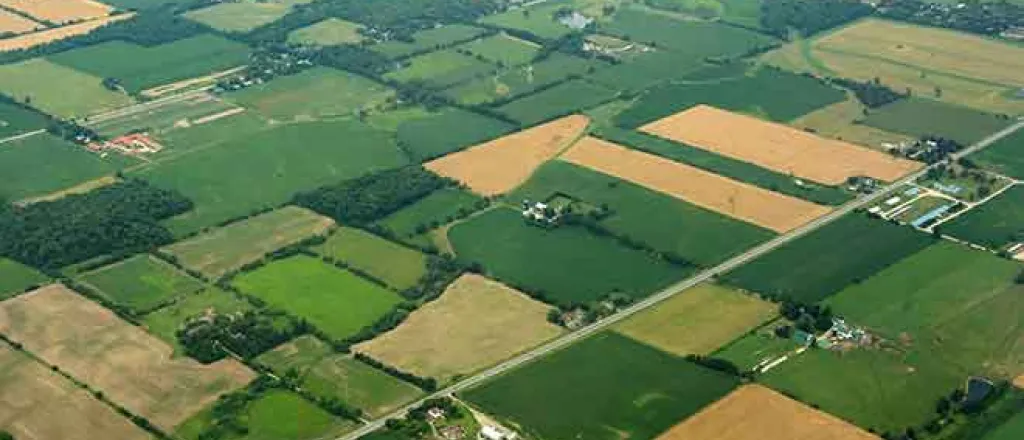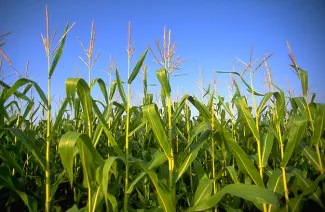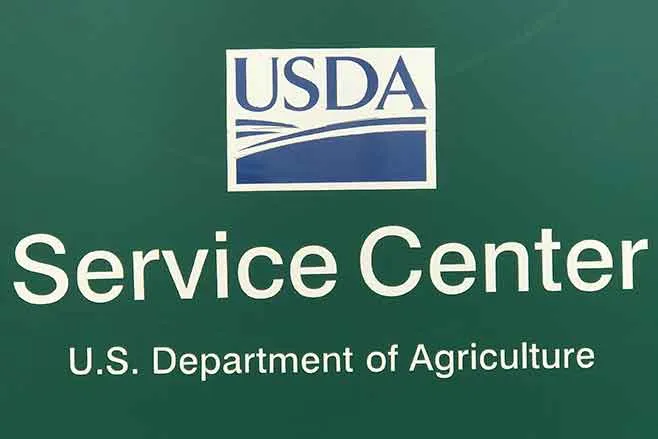
DOGE funding cuts could impact America's 'seed bunkers'
Click play to listen to this article.
Scientists at 22 U.S. sites including in Fort Collins have been working without fanfare to maintain the genetic diversity of the nation's critical agricultural plant species collected since 1898. But the Trump administration's DOGE agency has fired them.
Iago Hale, associate professor of specialty crop improvement at the University of New Hampshire, said the potential loss of the U.S. National Plant Germplasm System "seed bunkers" creates uncertainly for hundreds of crops America's food system depends on.
"If you subsist totally on chicken nuggets and KFC, that's fine; understand that that comes back to plants grown in the field. The breading on your fried chicken, the French fries that you're eating - these are all products of crops, and this is how it works," he explained.

A court order has temporarily reinstated some of the 300 NPGS scientists, but it's unclear when their work will resume - putting 600,000 genetic lines of some 200 crop species in jeopardy.
Hale said America's food system is only as safe as our ability to respond to the next plant disease. Unless dormant seeds are continually cared for and periodically replanted, the lines will die, along with their evolutionary history. Colorado is the second-largest fresh potato growing region in the nation, and Hale says the plants require even more care than wheat or corn. They're not preserved as seeds, bus as whole potatoes.
"It's a clonally propagated crop, and there is no long-term storage for those things. So, the nation's entire potato collection has to be grown out every year - has to be regenerated every year, without fail, or it will die. And the potato season has been disrupted." he continued.
NPGS scientists in Fort Collins help preserve genetic diversity for plants, animals and microbes. Researchers also cover soil, sugar beets, water preservation and a host of rangeland resources, all efforts funded by the U-S Department of Agriculture.

















